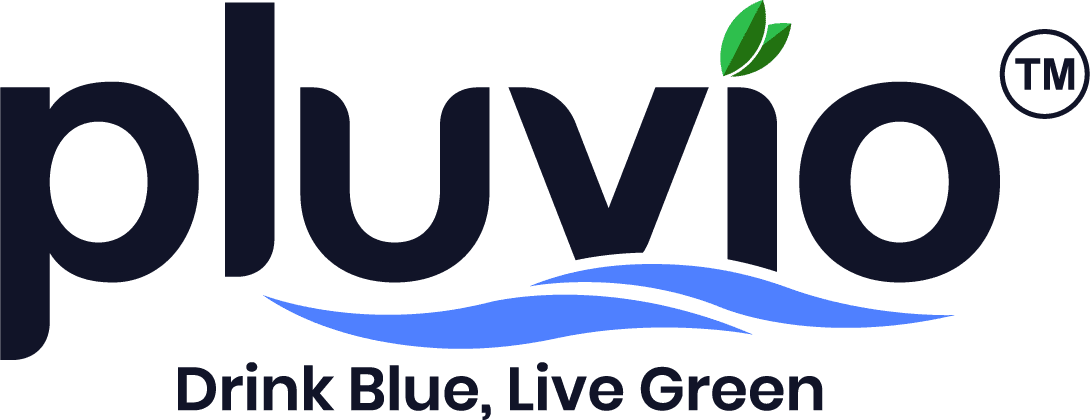Riya lived in Baner, a fast-growing suburb of Pune, known for its cafes, IT parks, and a modern lifestyle. At 29, she was everything you’d imagine a young, successful woman to be—energetic, career-driven, and deeply in love with her husband, Aarav. They had just moved into their new apartment and were ready to take the next step: starting a family.
Her daily routine was like many others in the city—wake up, gym, breakfast, long hours at work, and drinking bottled water wherever she went. From her home to office, in traffic, at her yoga studio, she always carried a plastic water bottle. Sometimes new, sometimes reused. It was convenient, after all.
She had heard vague things about BPA or microplastics, but never paid attention. “It’s just water,” she’d say. “What could go wrong?”
A few months into trying for a baby, nothing happened. Then came mood swings, fatigue, irregular periods. Riya visited her gynecologist near Deccan Gymkhana, who suggested hormone tests. The results were unexpected—hormonal imbalance, low estrogen levels, and early signs of PCOS. The doctor asked her about lifestyle, food habits, exposure to chemicals.
That question led her down a rabbit hole of research. She found article after article about BPA, phthalates, and microplastics leaching into water—especially when bottles are left in hot cars (like hers), reused often (like hers), or stored for long. She discovered a WHO study stating that over 90% of bottled water worldwide contains microplastics. She read how BPA mimics estrogen, confusing the body’s natural hormone system. And how phthalates are linked to fertility issues, miscarriages, and even birth defects.
Her safe-looking water bottle… wasn’t so safe after all.
A wellness clinic in Koregaon Park offered environmental toxin testing. Riya took the test. Results showed elevated levels of phthalates and BPA derivatives in her blood. Tears welled up in her eyes. She felt betrayed—not just by plastic—but by how normal it had become to ignore these dangers.
Riya decided to stop using plastic bottled water. She searched for alternatives. Steel? It was fine, but not ideal for taste. Glass? It felt like a luxury—but that’s where she found Pluvio — Pune’s own premium glass-bottled mineral-enhanced water brand.
It was reusable, plastic-free, sustainable, and most importantly, safe for her body.
Three months after she made the switch, her hormonal levels started improving. No major medication. Just removing plastic from her daily routine. Today, Riya advocates for plastic-free living in her apartment group, speaks at local schools in Aundh, and even runs an Instagram page called “Plastic-Free Pune Girl” where she shares simple, sustainable choices. She’s still trying for a baby—but with more hope than ever before.
"We drink water for our health. But if it comes in plastic, it could silently be harming us. Riya’s story is not rare. It’s just not told often. Be curious. Be conscious. Choose glass. Choose safety."
